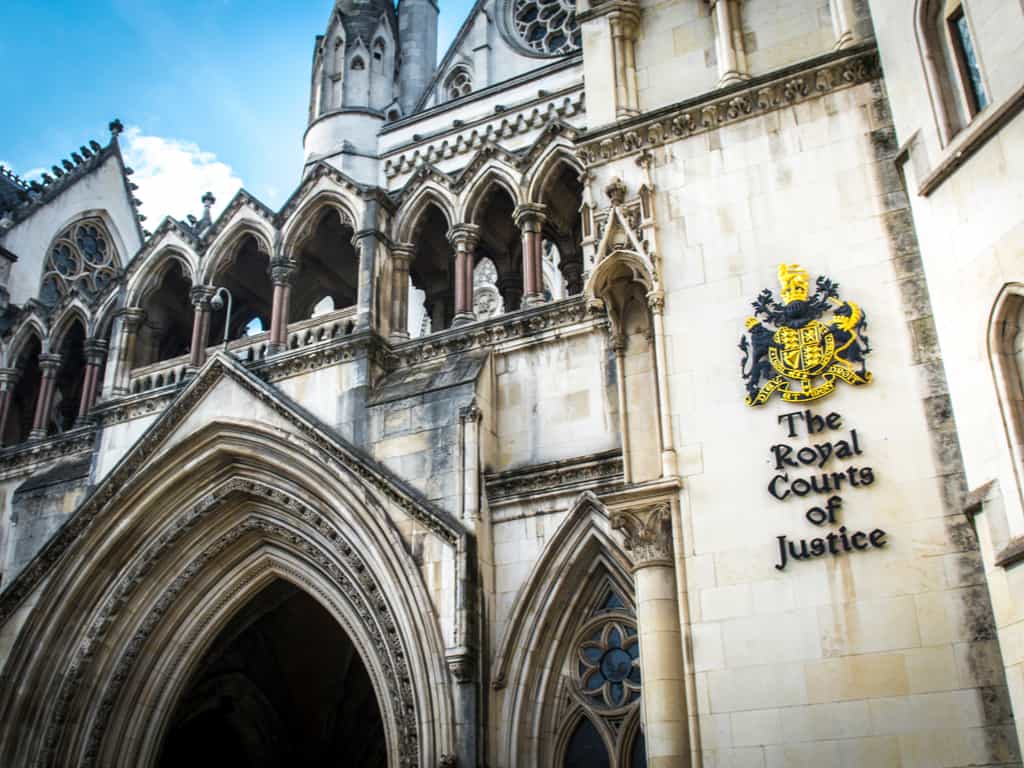Disability Discrimination: Knowledge of disability
In Baldeh v Churches Housing Association, Ms Baldeh was a support worker who was dismissed at the end of her six month probation period over concerns relating to her performance and behaviour. Ms Baldeh appealed her dismissal and at the appeal hearing she told her employer that she had depression, which affected her short term memory and her behaviour towards colleagues. Churches Housing Association rejected her appeal, and so Ms Baldeh claimed that her dismissal was an act of disability related discrimination under s.15 Equality Act 2010 (“EA”).
It was accepted that Ms Baldeh was disabled with depression, however the Employment Tribunal (“ET”) dismissed her claim because: (a) her employer did not know and could not reasonably have known that she was disabled at the time of her dismissal; (b) there was no evidence that her behaviour towards colleagues ‘arose in consequence of’ her disability; (c) there were other sufficient reasons for her dismissal ; and (d) the dismissal was justified under s.15(1)(b) of the EA.
The Claimant appealed to the Employment Appeal Tribunal (“EAT”) who held that there were a number of errors in the ET’s reasoning. Although the employer did not know about Ms Baldeh’s disability at the time of dismissal, they acquired knowledge of it before they rejected her appeal, and Ms Baldeh claimed that that the rejection of her appeal was unfavourable treatment. Interestingly, the EAT also found that it was sufficient for the “something arising in consequence” of the disability to have a “material influence” on the unfavourable treatment. The fact that there may have been other causes as well was not an answer to the claim. The EAT also considered that there was some evidence that Ms Baldeh’s depression caused the relevant behaviour, which ought to have been considered. Furthermore, it was found that the ET failed to consider the s.15(1)(b) defence fully.
The matter has been remitted to a fresh ET to consider whether the rejection of the Claimant’s appeal was an act of discrimination.
For further information or if you would like to discuss a discrimination, harassment or victimisation matter, please telephone our expert discrimination lawyers on 020 3950 5234 or email info@rllaw.co.uk.



